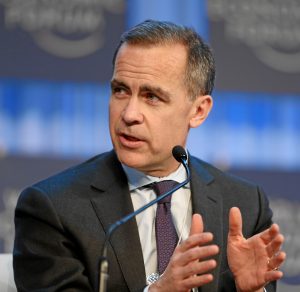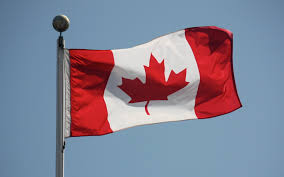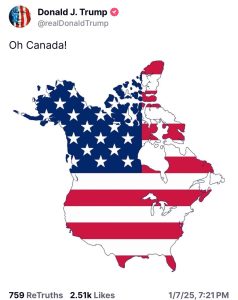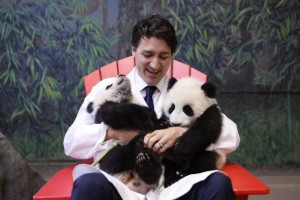
Mark Carney
Carney has won a minority government. He will have to govern with the support of the NDP. The NDP was slaughtered in this election, and there were a few ridings where people strategically voting for the Liberals actually led to the Conservatives winning. Iit’s worth pointing out that the Conservatives increased their seat count, which is why Poilievre is sticking around as leader, despite losing the election and his own seat. (A loyal MP will stand down and let him run in a by-election in a safe riding.)
The NDP lost their official party status in this election and their vote percentage was cut in about half by strategic voting. They need to bargain hard with Carney in exchange for support and be willing to walk away. The most important thing, for them and Canada, is to change the voting system. Proportional would be ideal, but it’s unlikely the Liberals would go for it. They would probably go for ranked ballots, assuming, probably correctly, that they’ll be the most common second choice.
But it would also benefit the NDP and make it less likely for radical conservatives of the current variety to get into power.
If I were the NDP, I’d go to the wall for this. There’s likely to be more polarized elections in the future, because the Conservatives remain a Trumpist style party and a lot of natural NDP voters will keep going Liberal to try and block them. If they want to get back up to near 20% of the vote, this is necessary.
Now as to Canada’s future: it’s going to depend on whether Carney can actually deliver. If he can make Canadians better off and win another election, Poilievre is toast and Trump style conservatism will be discredited in Canada. If he doesn’t deliver: if effective wages don’t rise and if rent and housing prices don’t go down, then Poilievre or his successor’s Conservative party WILL win the next election, just based on disgruntled voters.
Carney’s talked a fair bit of sense: doubling building housing, pivoting to new trade partners and creating vertically integrated industries within Canada. If he can pull it off, he’ll go down as one of Canada’s greatest Prime Ministers. But, at the end of the day, Carney is a neoliberal, and his impulse to always cut taxes on the rich and so on is going to hold him back.
He also needs a full term to pull it off. A lot of pain is coming down the pike and the next couple years will be ugly.
And that means he needs to keep the NDP happy. If they stop supporting him before he turns things around (assuming he can) he’s toast, and the Conservatives are in. So the NDP may as well force him to do some other things: pharmacare and universal dental, probably.
It’s going to be an interesting few years for everyone. Carney was right when he said:
America wants our land, our resources, our water, our country. But these are not idle threats. President Trump is trying to break us so that America can own us. That will never, that will never ever happen...
…
Our old relationship with the United States, a relationship based on steadily increasing integration, is over. The system of open global trade anchored by the United States, a system that Canada has relied on since the Second World War, a system that well not perfect has helped deliver prosperity for a country for decades, is over.
But it’s also our new reality.
We are over the shock of the American betrayal, but we should never forget the lessons. We have to look out for ourselves and above all we have to take care of each other.
The old system is over. Carney’s problem is that he doesn’t see that for a ton of Canadians the old system hasn’t been delivering for a long time.
Every country in the world will have to adapt to the new economic landscape. Some will succeed, others like Britain, will fail. It remains to be seen if Canada is one which adapts well. What is certain is that if Poilievre gets in, he will usher in a new era even worse than the old neoliberal one. He will be prostrate before the US, will slash the civil service, healthcare and so on and will turbocharge the oligarchy.
So Carney’s it. He wouldn’t have been my first choice, but if he doesn’t pull it off, no one will.


 So, reading various Americans who think annexing Canada would be a good idea, it’s clear most of them know nothing about Canada. Let’s educate them. The basic principles here are “Canadians are not Americans and Canada is not just America with fewer people.”
So, reading various Americans who think annexing Canada would be a good idea, it’s clear most of them know nothing about Canada. Let’s educate them. The basic principles here are “Canadians are not Americans and Canada is not just America with fewer people.” He ruled for about the normal time for Canadian Prime Ministers.
He ruled for about the normal time for Canadian Prime Ministers.